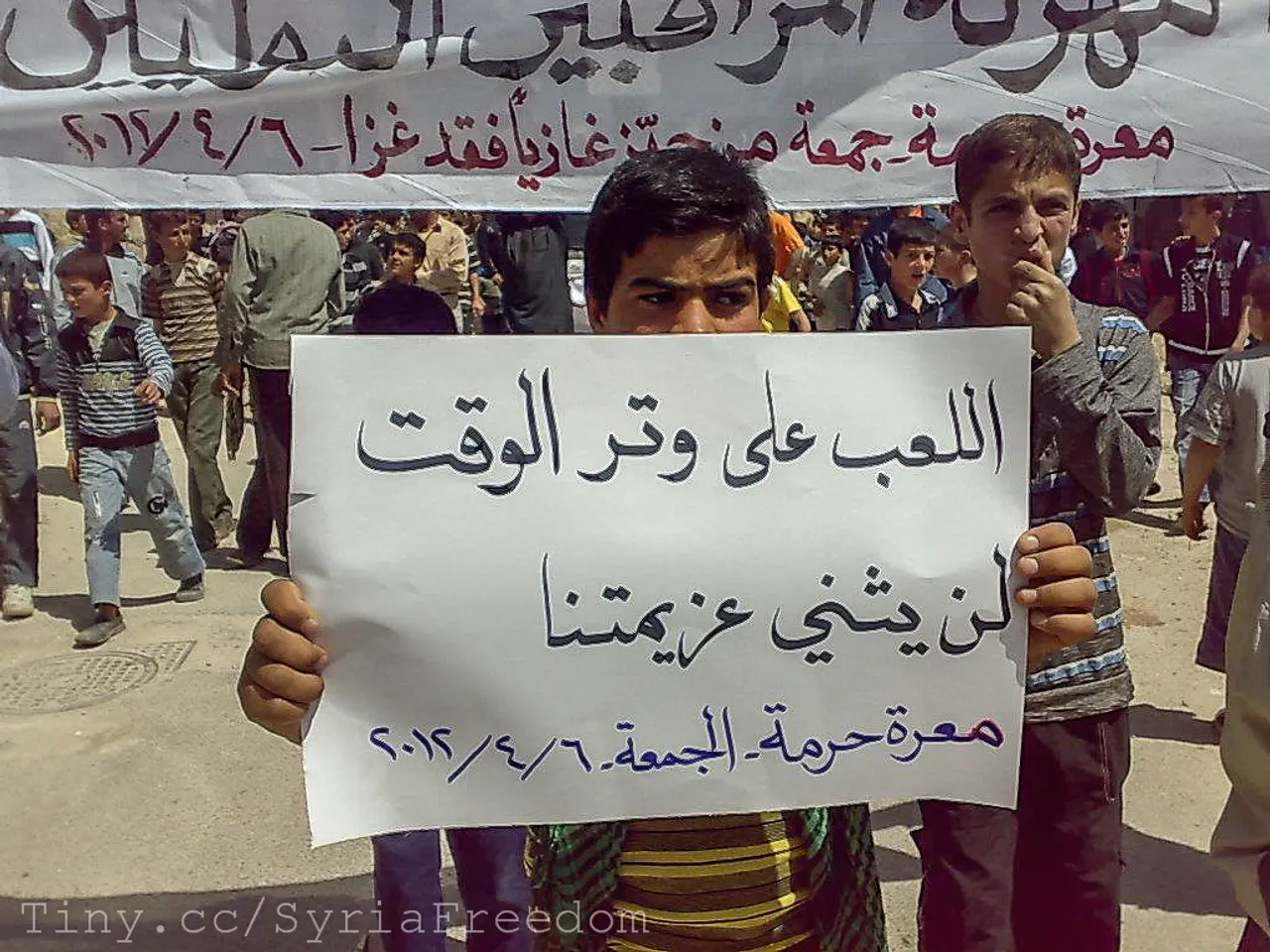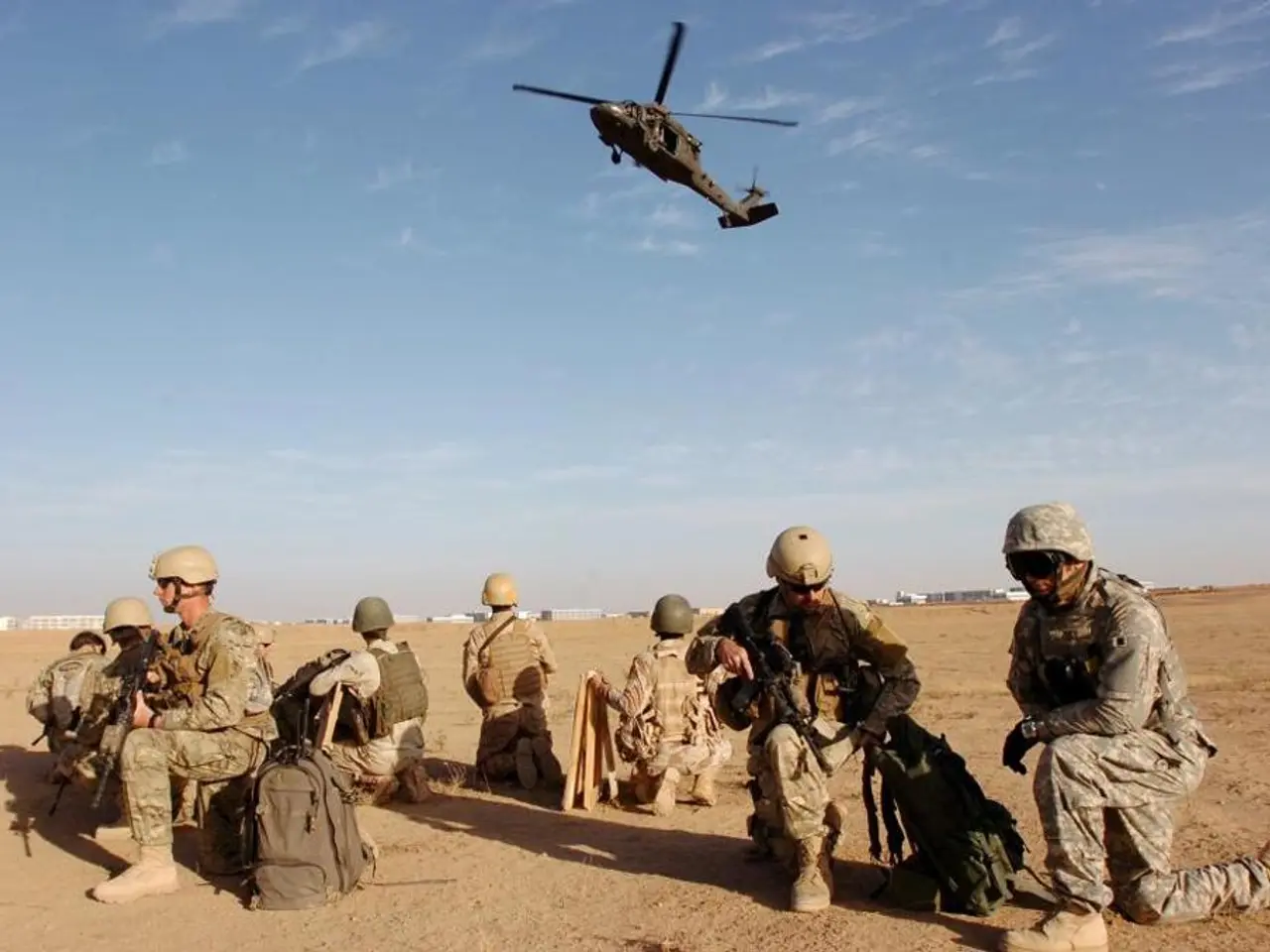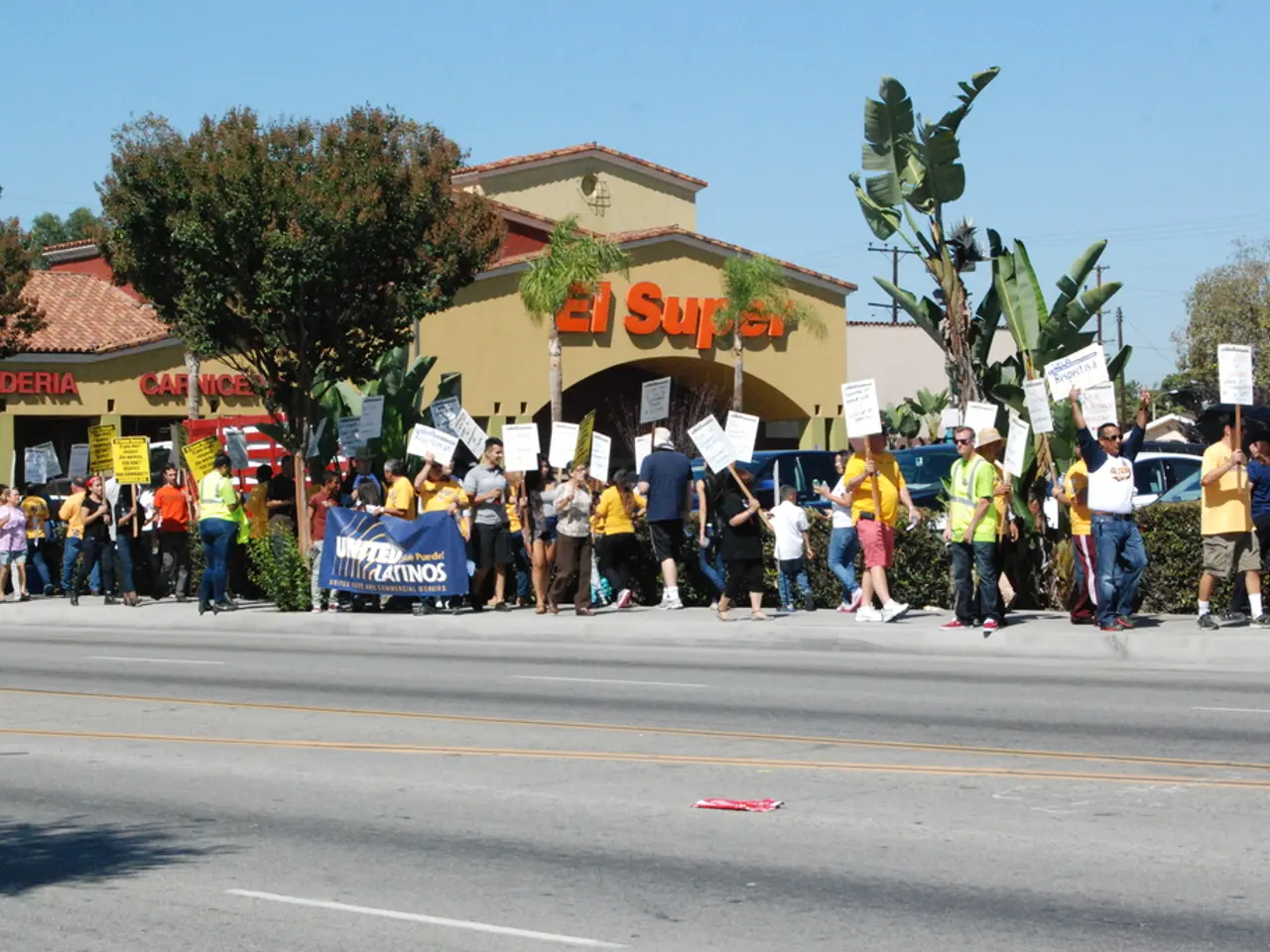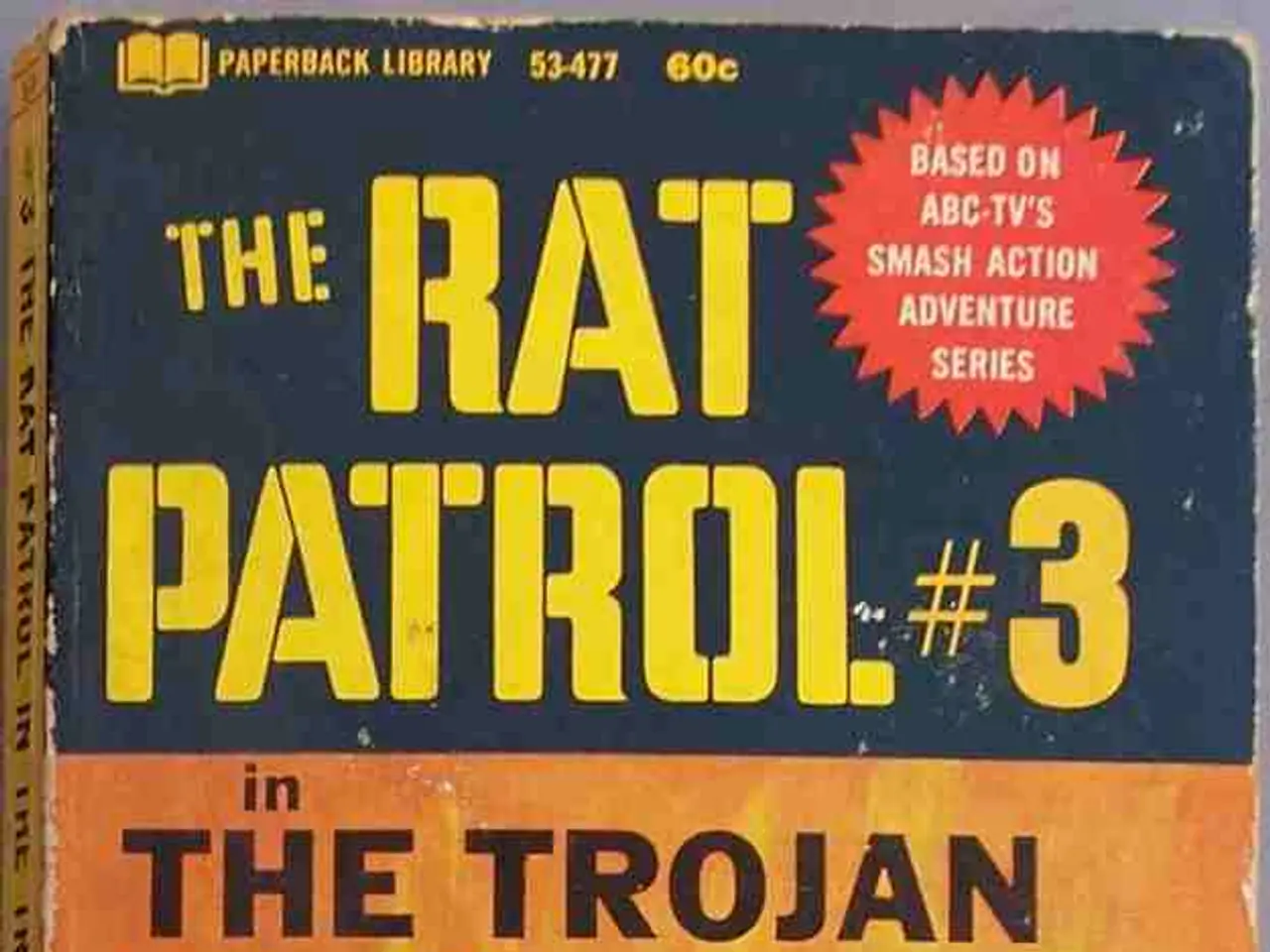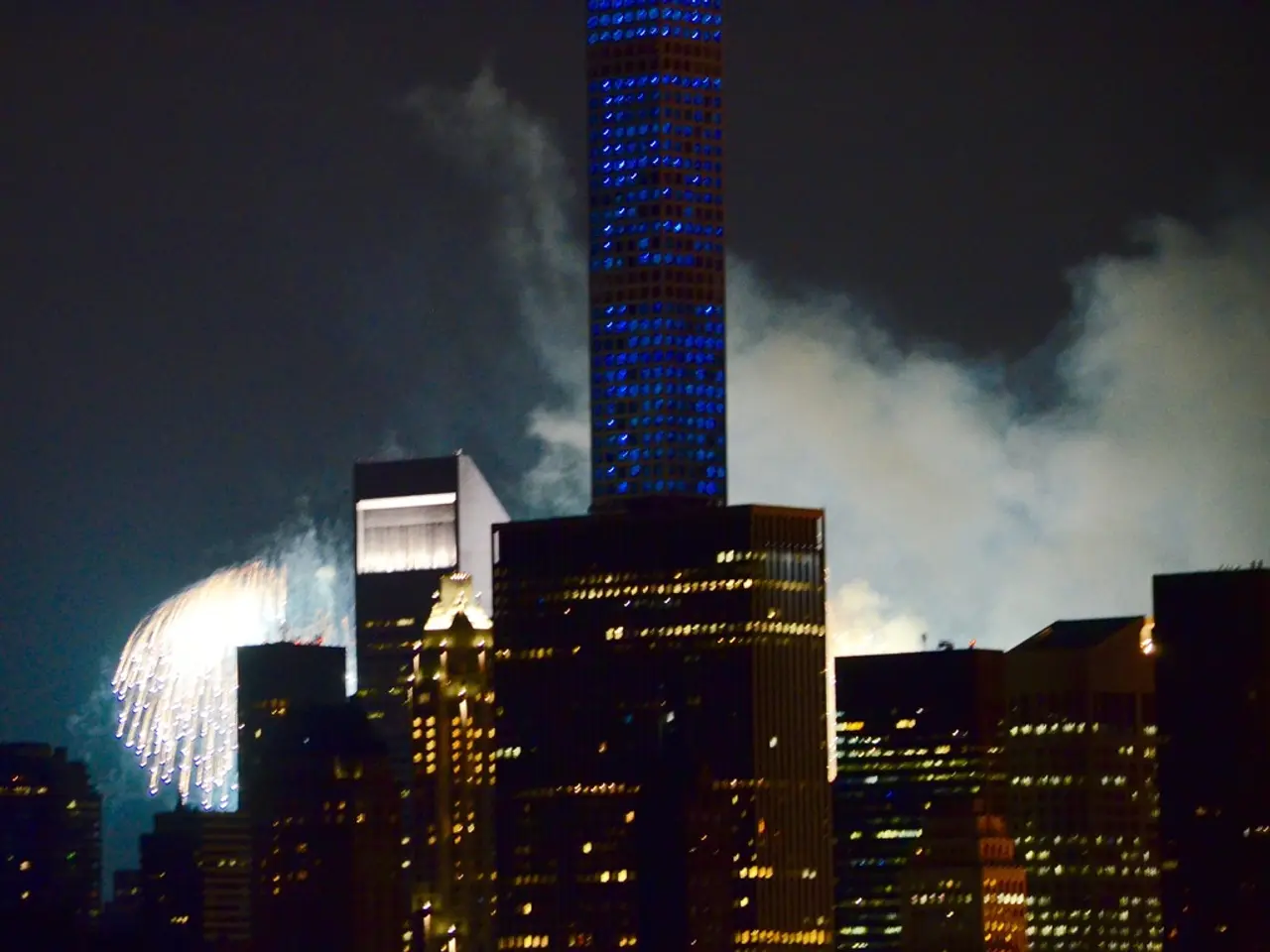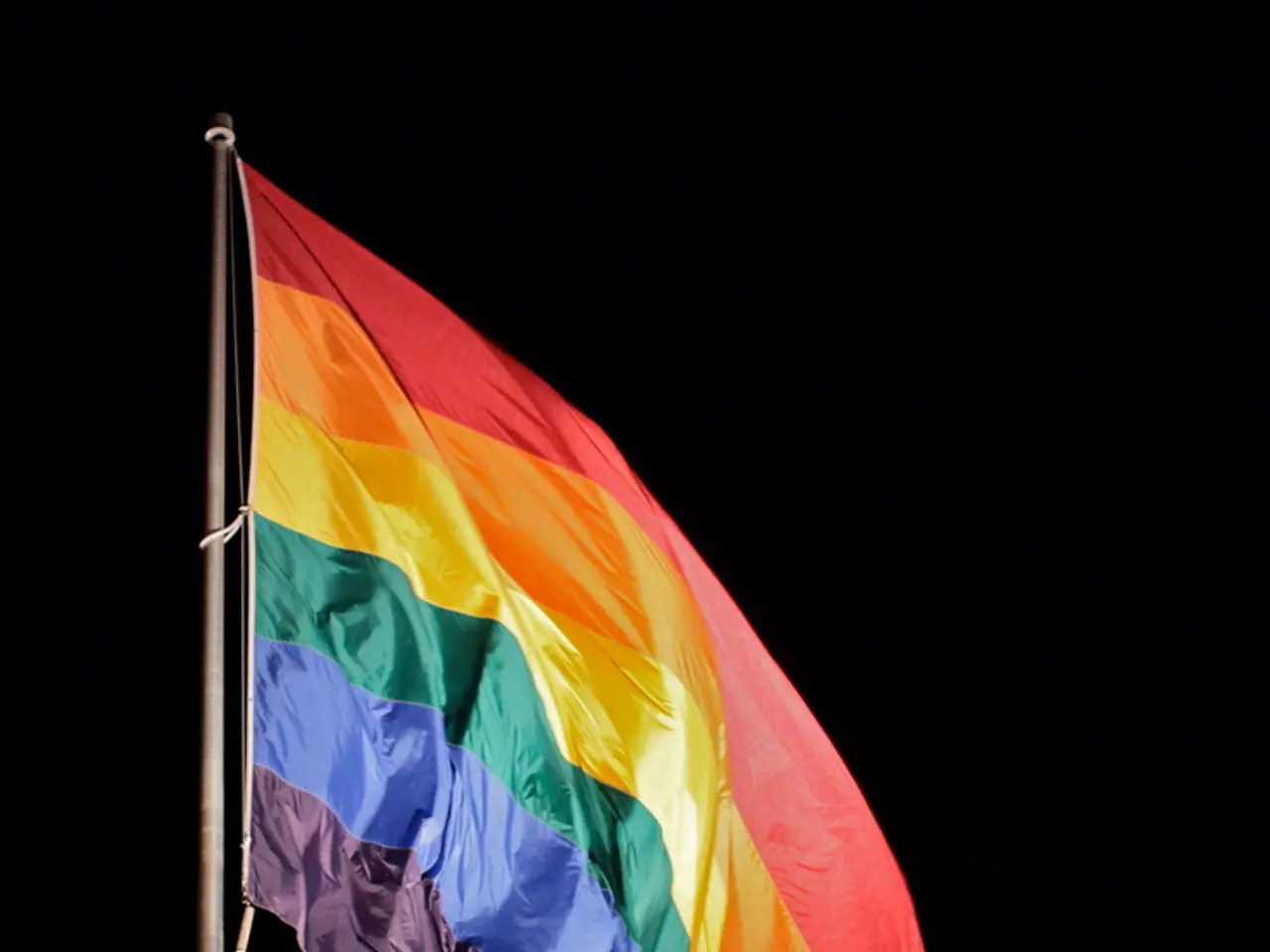Demonstration occured in Tel Aviv, advocating for the liberation of the final captives detained in Gaza.
The ongoing conflict in Gaza continues to be a topic of international concern, with the negotiations for a ceasefire and the release of hostages taking centre stage. Here's a breakdown of the key developments and challenges in these delicate talks.
## Key Developments
Hamas, the primary Palestinian militant group in Gaza, has indicated a willingness to engage in proximity talks with Israel, following a truce offer. However, Hamas has proposed amendments to the deal that Israel finds unacceptable[1][2][3]. The proposed deal involves the phased release of hostages, with initially eight living hostages to be freed on the first day, two more on the 50th day, and roughly half of the remaining slain hostages to be released over time[1][2]. Hamas, however, has suggested releasing all hostages in one batch, while Israel prefers a phased approach to maintain leverage in negotiations[1].
Israel, despite finding Hamas' amendments unacceptable, has sent a negotiation team to Doha, Qatar, for indirect talks with Hamas[3][4]. These negotiations are backed by international mediators, including the U.S., which has been pushing for a ceasefire and hostage deal[3][4]. Palestinian Islamic Jihad (PIJ), another Gaza-based group holding hostages, has also expressed support for proximity talks while seeking additional guarantees against Israeli aggression[1].
## Challenges and Next Steps
The negotiations face significant challenges, including the need for further guarantees and the complexity of implementing a ceasefire agreement. The upcoming meeting between Israeli Prime Minister Benjamin Netanyahu and U.S. President Donald Trump may provide additional momentum for these negotiations[3][5].
Thousands of protesters rallied on the streets of Tel Aviv on Saturday, demanding a ceasefire in Gaza and the release of captives held by Hamas. As of the current situation, about 50 hostages are still in captivity in Gaza[6]. Protesters carried banners reading "Bring them home now."
The war in Gaza started when Hamas attacked Israel on October 7, 2023, resulting in the death of 1,200 people and the capture of 251 hostages[7]. At least 94 people were killed in Gaza overnight as strikes hit aid queues and shelters[8]. The relatives and supporters of Israeli hostages gathered following reports that both Hamas and Israel have reacted positively to the outlines of a US-brokered truce deal[9].
The Israeli security cabinet reportedly gathered to discuss Hamas' response to a potential ceasefire-hostage deal[10]. Hamas, on Friday, said it had given a "positive" response to the latest proposal, but further talks were needed on implementation[11]. The diplomatic efforts regarding the conflict in Gaza are ongoing.
Notably, US contractors have claimed that their colleagues fired live rounds at Palestinians seeking aid in Gaza[12]. This allegation adds another layer of complexity to the already intricate negotiations.
As the situation unfolds, the world watches with bated breath, hoping for a peaceful resolution to the ongoing conflict in Gaza.
- The proposed hostage release in the ongoing conflict in Gaza involves a phased approach by Israel, with initial eight living hostages to be freed on the first day, while Hamas suggests releasing all hostages in one batch.
- The ongoing war-and-conflicts in Gaza, marked by politics and general-news, faces significant challenges such as the need for further guarantees and the complexity of implementing a ceasefire agreement, with key developments including negotiations between Israel and Hamas backed by international mediators.
